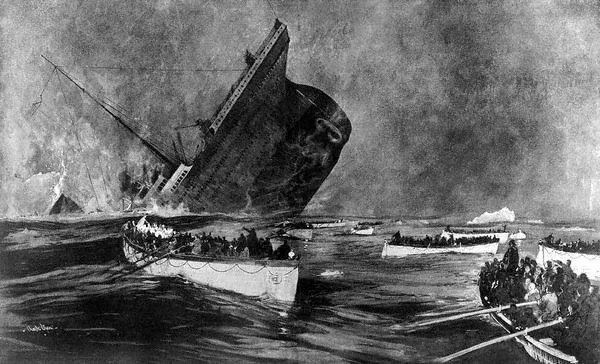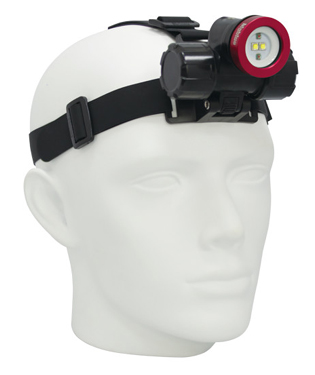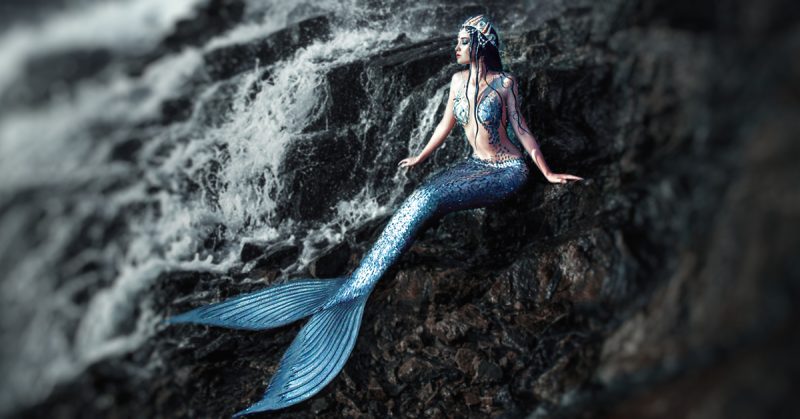
It’s a fact of life – most sports involve an element of risk, which might be as slight as a possible injury, but for other sports the risk is much higher. Scuba diving definitely rates very high on the risk scale. That’s why it’s so important to know what you’re doing, and always be careful and alert when you’re scuba diving, no matter how experienced you are. You need to be very confident with the equipment, and know what to do if a dangerous situation arises.
Although it’s possible to do very simple, accompanied dives without completing a full training course, you will still need to have some basic skills training before venturing out into the ocean. If you plan to scuba dive on an ongoing basis, then it’s essential that you undertake proper training from a professional instructor. Most scuba diving companies won’t take you unless you can produce the proper certification. It’s also important to make sure you can enjoy the sport safely, so that you can continue to enjoy it for years to come.
There are some fairly common situations that occur when scuba diving that are simple, but can be much more dangerous if you don’t know what to do. Some divers will become dizzy or disoriented when they’re under the water, and this generally indicates unbalanced pressure in the inner ear. It can be remedied very easily.
Headaches are also quite common, particularly if you make sudden movements. You can experience pain in your teeth if there are bubbles of gas trapped in your fillings or caps. Some frequent divers get rare bone lesions, caused by the regular exposure to a high-pressure environment.
It’s important to take care when you’re ascending, and to continue breathing regularly as you do so. It’s possible to get a lung expansion injury if you hold your breath. Most of the other most common injuries to scuba divers happen when they touch poisonous animals like fire coral, jellyfish or stingrays.
Dehydration is quite common amongst divers as well. When you’re surrounded by so much water, it’s hard to imagine that you can get dehydrated! But you’re working hard under the water, so it’s important to drink plenty of fluids both before and after your dive.
If someone is experiencing fatigue and their judgment is impaired, it may be the early signs of hypothermia. This is a loss of body heat, and because it can be extremely cold in deeper waters, it’s not uncommon when scuba diving.
The most obvious risk when scuba diving, of course, is drowning. It’s vital that you always dive with a buddy, so that there is someone to assist you in the event of something going wrong. If you take the time to learn what to do, and always think about safety when you’re diving, then your scuba diving career should be long and enjoyable.
Learn to avoid the risks associated with scuba diving with these scuba diving safety tips [http://www.best-scuba-diving-resources.info/Scuba-Diving-Safety-Tips.html] that can be found at Best-Scuba-Diving-Resources.info [http://www.best-scuba-diving-resources.info/] along with other scuba related resources to include information on scuba diving fins, scuba diving computers, scuba diving masks and scuba diving wetsuits [http://www.best-scuba-diving-resources.info/Scuba-Diving-Wetsuits.html].
Article Source: https://EzineArticles.com/expert/Tim_Gorman/2451
Article Source: http://EzineArticles.com/339717






Leave A Comment